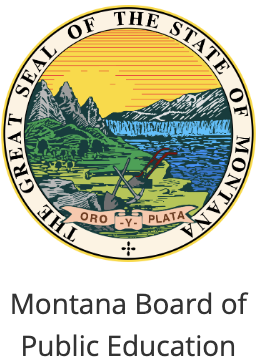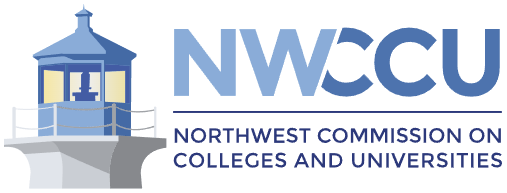EHHD_ED_GR_EdD_AHE_REPORT_2015-16
Annual Assessment Report
Academic Year: 2015-16
Department: Education
Program(s): Adult and Higher Education, Doctorate of Education
1. What Was Done
8 doctoral students sat for written and oral comprehensive examinations, 3 students defended dissertation proposals, and 3 students defended final dissertations.
2. What Data Were Collected
Pass rates were collected to assess the program: All 8 students who sat for comprehensive examinations passed both the written and oral exams, leading to a 100% pass rate. 3 defended proposals, 100% pass rate. All 3 students who defended their final dissertations passed, leading to a 100% pass rate.
3. What Was Learned
Primarily, our decision to not allow students to take their comprehensive exam, schedule a dissertation proposal defense, or schedule a final dissertation defense until the chair feels the student is ready has continued to be validated, and serves as a successful strategy for helping students complete. However, this strategy can increase time to degree with students who require more intensive support in finishing their writing.
The AHE program has four full-time faculty: two who are tenured, one who is pre-tenure, and one who is non-tenure-track. With 40 active status doctoral students, this is a substantial advising and mentoring load, particularly for the two tenured faculty members.
We have learned that supporting students at a distance requires a combination of high tech and high touch support. Distance students tend to be more engaged through the use of a cohort model as reflected by the success of students who are in the Great Falls cohort.
4. How We Responded
To decrease time-to-degree for students who need additional writing support, in 2015-16 we restructured the EDLD 690 Doctoral Thesis course into a structured writing group meeting on a similar weekly schedule to our departmental graduate courses. One program faculty member leads this session to provide time for intensive writing sessions as well as one-on-one feedback on students’ writing. We have observed some success in 2015-16 in terms of student progress, with 3 students successfully defending their dissertations. We have maintained this structure for 2016-17. To support our students who are at the dissertation writing phase, we have used virtual classroom technology through WebEx so that students can see and hear their classmates as they discuss progress on their dissertation research.
Second, as a department we changed our admissions calendar for our Ed.D. programs to only review and admit students once per year. Our concern was that students admitted in the spring were less integrated into their programs, and were not succeeding similarly to their classmates who began fall semester. The intent of a single application deadline is to establish a cohort style model that helps students build community among the group that entered their respective doctoral programs together, much like we have experienced with the Great Falls cohort.
In support of this goal, EDU 691 has been implemented this 2016 fall semester to introduce and socialize doctoral students into graduate study. Two sections are offered, one for new Ph.D. students and the other for new Ed.D. students.
To streamline students’ progression toward the dissertation, the program faculty developed a two-year rotation of core Adult and Higher Education courses to ensure that the four core courses are offered frequently enough to allow for students to complete coursework within two years. As well, the department faculty developed a methods course rotation schedule to ensure doctoral students start methods courses upon matriculation, complete courses in a prescribed order, and have access to the methods courses needed in order to facilitate completion.
These efforts are undertaken by a small and committed group of four faculty who have tried to address the advising and mentoring demands by requesting a tenure-track line. The program is strong and growing but will require additional supervisory capacity in order to support student progression and completion.



